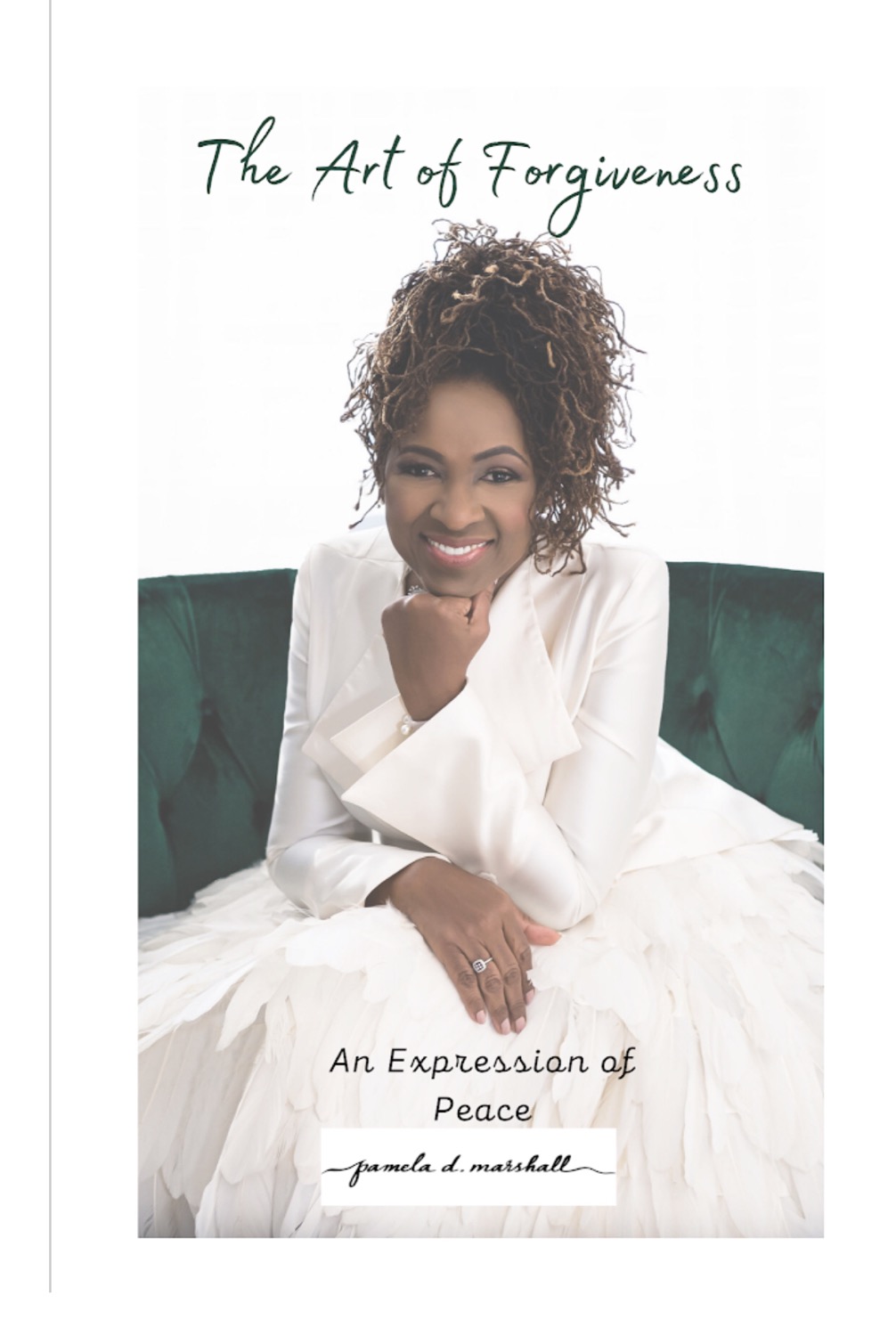Women Must Wake Up: A Call to Rise, Remember, and Reclaim Our Power
- Pamela D. Marshall
- Feb 27, 2023
- 3 min read
Updated: Nov 24, 2025

Every person walking this earth can trace their existence back to one truth:You are here because of a woman.
Yet despite this undeniable fact, societies around the world continue to deny, diminish, and distort the divine authority embodied by women. We celebrate milestones like America’s first woman Vice President, Kamala Harris, even as we continue debating whether a woman has the right to govern her own body—a body designed by nature to sustain life, to nourish it, and to protect it. How did we become a culture that still struggles to honor the very gender responsible for human existence?
How did we learn to devalue the woman—the giver of life?
How did we come to fear her strength, question her abilities, undermine her voice, and restrict her body… even as humanity is born through her?And perhaps the hardest question of all:Why have women become complicit in the narratives that dehumanize them?
Honoring the Women Whose Shoulders I Stand On
I ask these questions not only for myself, but for the women whose courage shaped my path—women who fought, created, and survived so I could stand tall in my truth.
Frances Ellen Watkins Harper (1825–1911)
A visionary poet, author, and lecturer—Harper was the first African American woman to publish a short story and is hailed as the “God-mother” of protest poetry. She fearlessly championed abolition, suffrage, and gender equality during a time when her very existence was an act of protest.She called the church to a higher moral ground—a faith rooted not in ritual but in justice, compassion, and humanity.
Her life still asks us:What are we willing to fight for?
Hattie Lee Croom-Marshall (1927–2002)
My mother.My first home.My first teacher.My irreplaceable giver of life.
She did not publish books, yet she devoured them.She did not hold degrees, yet she urged her 13 children to earn them.She carried the generational weight of being a Black woman in America—knowing her worth, yet forced to move through a society determined to deny it.
I watched her climb into the back seats of cars driven by white women who hired her to cook and clean for as little as fifty cents a day. And although I was a child, something in my soul whispered that this was wrong—this imbalance, this silent humiliation, this acceptance of a place she did not deserve.
These women—fellow mothers, fellow givers of life—also knew it was wrong. Yet they remained complicit in the system that benefited them. They upheld a social order that placed them barely above my mother, behind Black men in their fight for the vote, and far from equal in their own homes.
And through their silence…they taught me to believe they were better than my mother—and therefore better than me.
Why Are Women Still Co-Signing Their Own Oppression?
Women have carried humanity. Women have nurtured nations. Women have sustained families, communities, and movements.
Yet the echoes of male voices—voices born from our own wombs—have dictated our worth for centuries.
“You belong in the home.”“You don’t understand politics.”“You aren’t fit to lead.”“You don’t deserve bodily autonomy.”
And somewhere along the way, women agreed.We internalized these lies.We taught them to our daughters.We allowed them to shape our collective identity.
We became complicit.
But complicity is no longer an option.Not for us.Not for our daughters.Not for the future of humanity.
A Senegalese proverb reminds us:
“The opportunity God sends does not wake those who are asleep.”
The opportunity is here—right now.The question is: Are we awake?
A New Mandate for Women: Wake Up. Rise Up. Do Better.
We stand on the shoulders of women who sacrificed far too much for us to remain silent, small, or compliant.
We owe it to Frances.We owe it to Hattie.We owe it to every woman who has been dismissed, underestimated, or erased.
It is time to dismantle the internalized narratives that limit us. It is time to silence the voices of intimidation born from our own wombs. It is time to reclaim the power that has always been ours.
Let us rise with the collective strength of the women who came before us and declare:
“We know better.
And now—we must do better.”
Pamela D. Marshall-KoonsExecutive Director, At The WELLness NetworkAuthor, The Art of ForgivenessHost, Sisters of WELLness & The Timbuktu Report








Comments